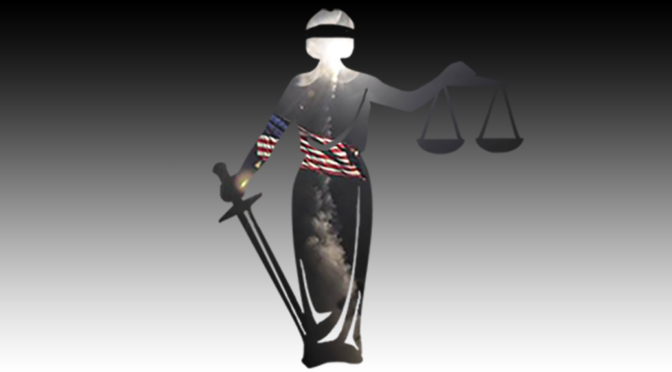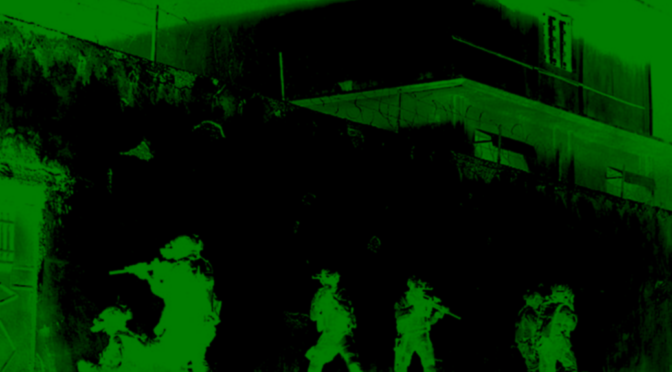Today, writes Ben Daus-Haberle, the Militia Clauses of the Constitution lead a curious double life. The Second Amendment’s preamble stars in gun rights debates, but when the conversation shifts to the War Powers, these Clauses drop almost entirely from view. The result is a War Powers literature strikingly silent about the Militia Clauses. Yet the… Continue reading The Militia Clauses and the Original War Powers
Tag: War Powers
Assessing US Justifications for Using Force in Response to Syria’s Chemical Attacks: An International Law Perspective
Michael Schmitt and Christopher Ford unpack the Trump Administration’s legal justifications for the April 2017 United States attack on a Syrian airfield in response to its use of chemical weapons against civilians. Schmitt and Ford discuss three possible legal bases for the use of force: self-defense, response to an internationally wrongful act, and humanitarian intervention.… Continue reading Assessing US Justifications for Using Force in Response to Syria’s Chemical Attacks: An International Law Perspective
The Covert Action Statute: The CIA’s Blank Check?
MAJ Peter Combe argues that the covert action statute prohibits the Central Intelligence Agency from violating self-executing treaties to which the United States is party, as well as non-self-executing treaties and customary international law implemented by statute, but it provides domestic legal authority to violate non-self-executing treaties and customary international law that have not been… Continue reading The Covert Action Statute: The CIA’s Blank Check?



